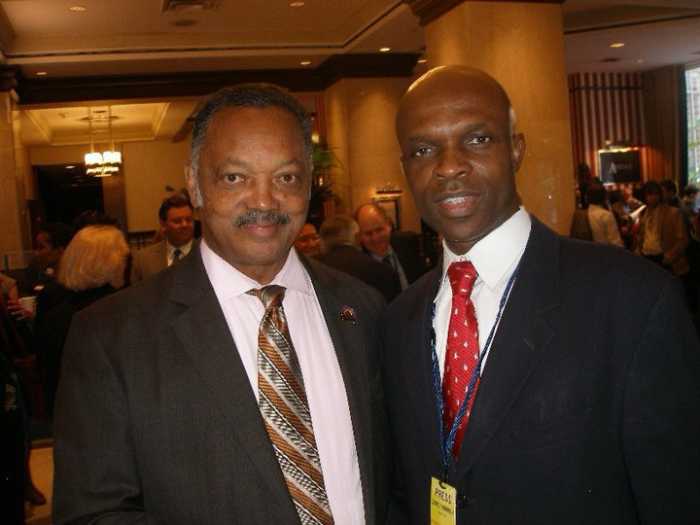When Governor David Paterson, Congressmember Steve Israel and I visited Iraq and Afghanistan to express our support and admiration for our troops there, we saw remarkable progress in Iraq that had been delivered by our soldiers despite dreadful planning by their leaders. But we also saw a situation in Afghanistan that cried out for a new approach.
This is the best time in Iraq in the five years since this poorly conceived and misguided effort began. After years of the Bush administration ignoring the need to hand Iraq back over to its own people and build the political consensus necessary to do that, our remarkable soldiers, sailors, airmen and marines did it themselves. They trained Iraqi police, tutored Iraqi soldiers and even mentored Iraqi politicians.
As important, as anything America did, was what Iraq did. The Sunni, tired of having Al Qaeda in its midst, turned on them. In addition, the Shia realized that they did not want to be a satellite of Iran and they rejected the angry clerics and old scores and turned instead to their true desires: safe schools, working electricity and the other day-to-day needs of their citizens.
The elections of 2009 on the provincial, national and local level combined with some true economic development (construction recently began on a project to double the electrical capacity of the country) should finally give the nation a brighter future, if, to paraphrase Benjamin Franklin, they can keep it.
But it would be a mistake to believe that the war in Afghanistan is headed in the same direction. Our troops there are also doing remarkable things against tough odds. The Taliban government has been toppled and Al Qaeda has been driven from the country to Pakistan.
When we visited Camp Phoenix in Kabul and saw members of the “Fighting 69th,” many commented on how proud they were of the success of the military in a region famous for its difficult terrain and its miserable economy. Indeed, once again our fighting men and women showed that they could achieve almost anything if given the right tools and the right political backup.
But if we are going to help form a viable government and a stable economy in Afghanistan that does not breed and harbor terrorists, we have a long way to go.
Afghanistan is much bigger and spread out than Iraq, has far fewer troops than Iraq, has virtually no economy besides heroin, has no cultural experience with a central government and has corruption at every turn.
We cannot walk away from Afghanistan, but we do need to lead in a different direction. We need to commit far more to the region than the 30,000 additional troops that was announced last week. We need a muscular military presence but we also need a greater commitment to U.S. AID, the State Department and even the Department of Agriculture.
Part of the reason we had such a miserable time in Iraq was our failure to use all of our tools to help win over local populations. Asking our troops to do it all is too tall an order.
NATO will have to take up a full role. Up to now, the list of what some NATO nations would not do to help is longer than what they will do. After top-level handholding to get Germany to actively help with protecting the borders and destroying the narcotics trade, political pressure in Bonn has the German troops sitting on the sidelines. President Obama needs to press NATO to start doing its part. If there was ever a spot on the globe that needed a full NATO presence, this is it.
Finally, we need to see big changes out of President Hamid Karzai. His government is corrupt and we are propping him up. As a result, there is mistrust of U.S. intentions throughout a nation that already is skeptical of the new concept of a central government.
It took us more than five years to learn some obvious lessons in Iraq. We owe it to our troops to get some of these things straight now so we can win “the other war” in Afghanistan.



































